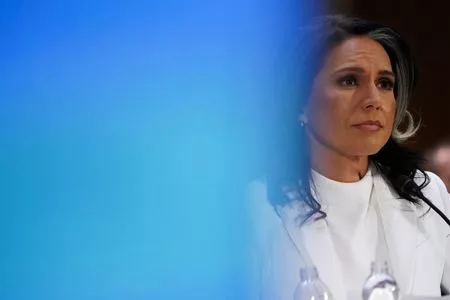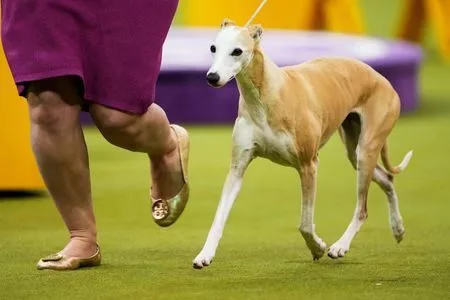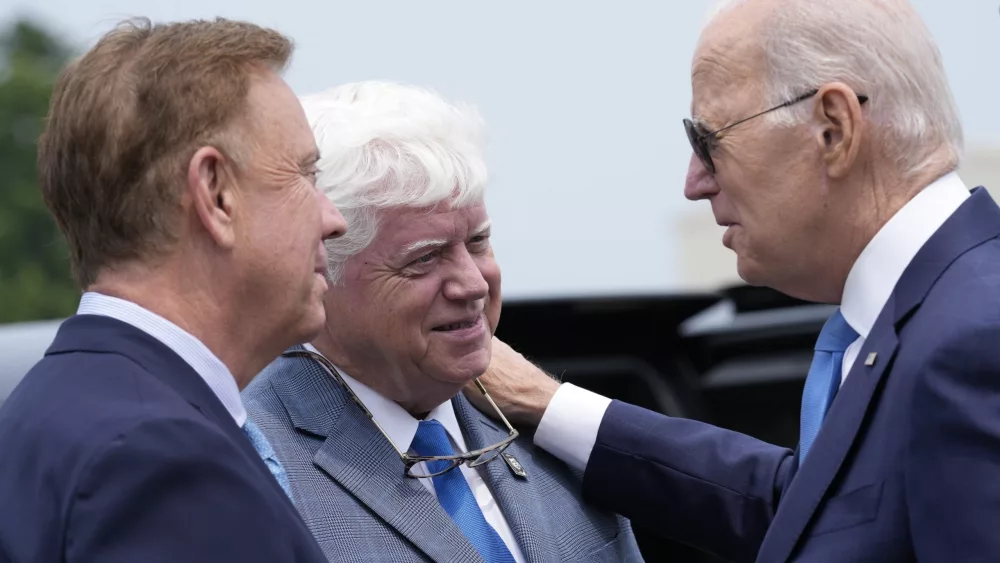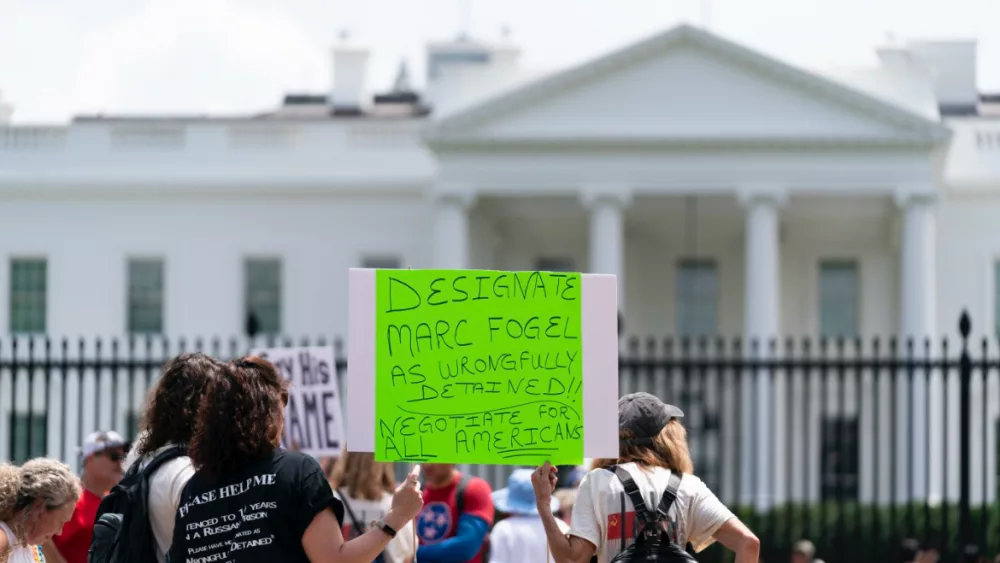By Patricia Zengerle
WASHINGTON (Reuters) – Tulsi Gabbard, a former U.S. Representative with little intelligence experience, should be confirmed as the top U.S. spy by Wednesday morning, as Republicans line up behind a nominee once seen as among President Donald Trump’s most controversial picks.
The Senate voted 52-46, along party lines, on Monday on a procedural measure to limit debate on the nomination, clearing the way for the 100-member chamber to vote on Gabbard’s confirmation to a position overseeing the 18-agency intelligence community.
A vote to confirm Gabbard would be another victory for Trump’s push to secure quick Senate approval for his nominees. The Senate’s Republican majority leader, John Thune, planned to start voting on Robert F. Kennedy Jr., who also faced fierce opposition, immediately after the Gabbard confirmation vote.
With a snowstorm hitting the capital, the greatest uncertainty surrounding what was once considered Gabbard’s at-risk nomination was whether bad weather might delay the vote.
Senators were due to vote on Gabbard shortly after midnight. Republicans, who have a 53-47 Senate majority, were confident. Vice President JD Vance, whose vote would be needed if they worried about a 50-50 tie, is out of the country.
Gabbard, a 43-year-old former Democrat, once faced bipartisan questions about her past statements seen as supporting U.S. adversaries. If confirmed, she would oversee an agency created by Congress in the aftermath of the September 11, 2001, al Qaeda attacks on the U.S. to coordinate the country’s sprawling intelligence apparatus.
“The selection of a DNI is a very big deal,” said Emily Harding, director of the Intelligence, National Security and Technology Program at the Center for Strategic and International Studies, noting the DNI’s broad access to classified material and role as the president’s main intelligence adviser.
RUSSIA, SYRIA, SNOWDEN
Opponents had questioned the choice of Gabbard, an Army National Guard veteran who has never served on an intelligence committee, after Trump announced the pick last year.
They expressed doubts about past statements seen as sympathetic toward Russia’s invasion of Ukraine and defense of the government of former Syria leader Bashar al-Assad, whom she visited in Syria in 2017 while he was under U.S. sanction.
At her hearing, Gabbard also faced pointed questioning from senators from both parties about her past defense of former U.S. National Security Agency contractor Edward Snowden, who leaked thousands of highly classified documents and then sought asylum in Russia.
Republicans who expressed such concerns faced an intense political pressure campaign, from Trump and his billionaire ally Elon Musk, who threatened to support primary opponents of any Republican who obstructed nominees.
Senator Todd Young, an intelligence committee member who did not immediately back Gabbard, issued a statement supporting her before the panel’s party-line 9-8 vote to recommend the nominee to the full Senate.
A former Marine Corps intelligence officer criticized by Musk before he endorsed Gabbard, Young said Gabbard had reassured him that she would support intelligence professionals and provide unbiased information.
Gabbard’s supporters also praised her pledges to pare back the DNI’s office, at a time when Trump’s administration is slashing and seeking to close government agencies.
Past DNI nominees have been intelligence veterans confirmed with broad bipartisan support. Daniel Coats, a former ambassador and Republican senator who served on the intelligence committee, was confirmed by 85-12 in 2017, as Trump began his first term.
James Clapper, a retired Air Force lieutenant general with decades of intelligence experience, was confirmed unanimously in 2010 to be DNI under then-President Barack Obama.
Harding said Gabbard will need to reassure allies that they can trust Washington as Trump pursues an aggressive foreign policy, and be cautious about making cuts amid myriad global challenges.
“The person that is going to be doing it needs to be someone that he (Trump) trusts and somebody that he’ll listen to,” Harding said.
(Reporting by Patricia Zengerle; Editing by Don Durfee and Marguerita Choy)
Brought to you by www.srnnews.com







